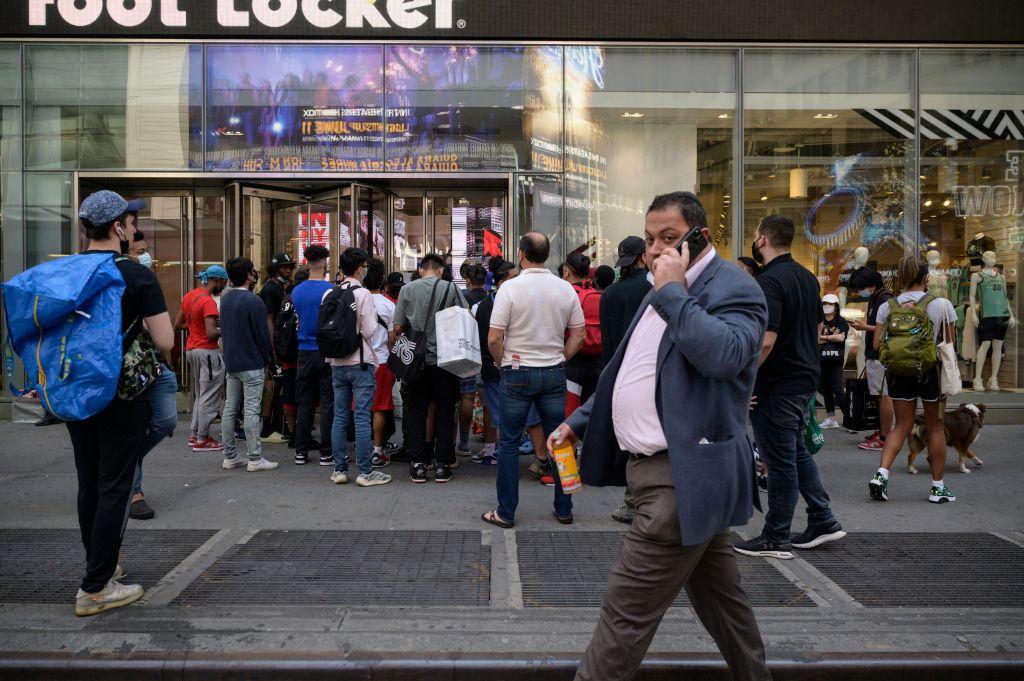U.S. consumer confidence dipped slightly in January, with many consumers planning to purchase items such as homes, appliances, and automobiles, as U.S. businesses face a hit from inflation and the Omicron coronavirus variant.
Consumer confidence in the economy generally remains high in the United States, despite surging prices and scattered shortages of goods and services. The Conference Board’s consumer confidence index survey from Jan. 25, which takes into account consumers’ assessment of current conditions and their future outlook, fell to 113.8 in January, from 115.2 in December 2021.





